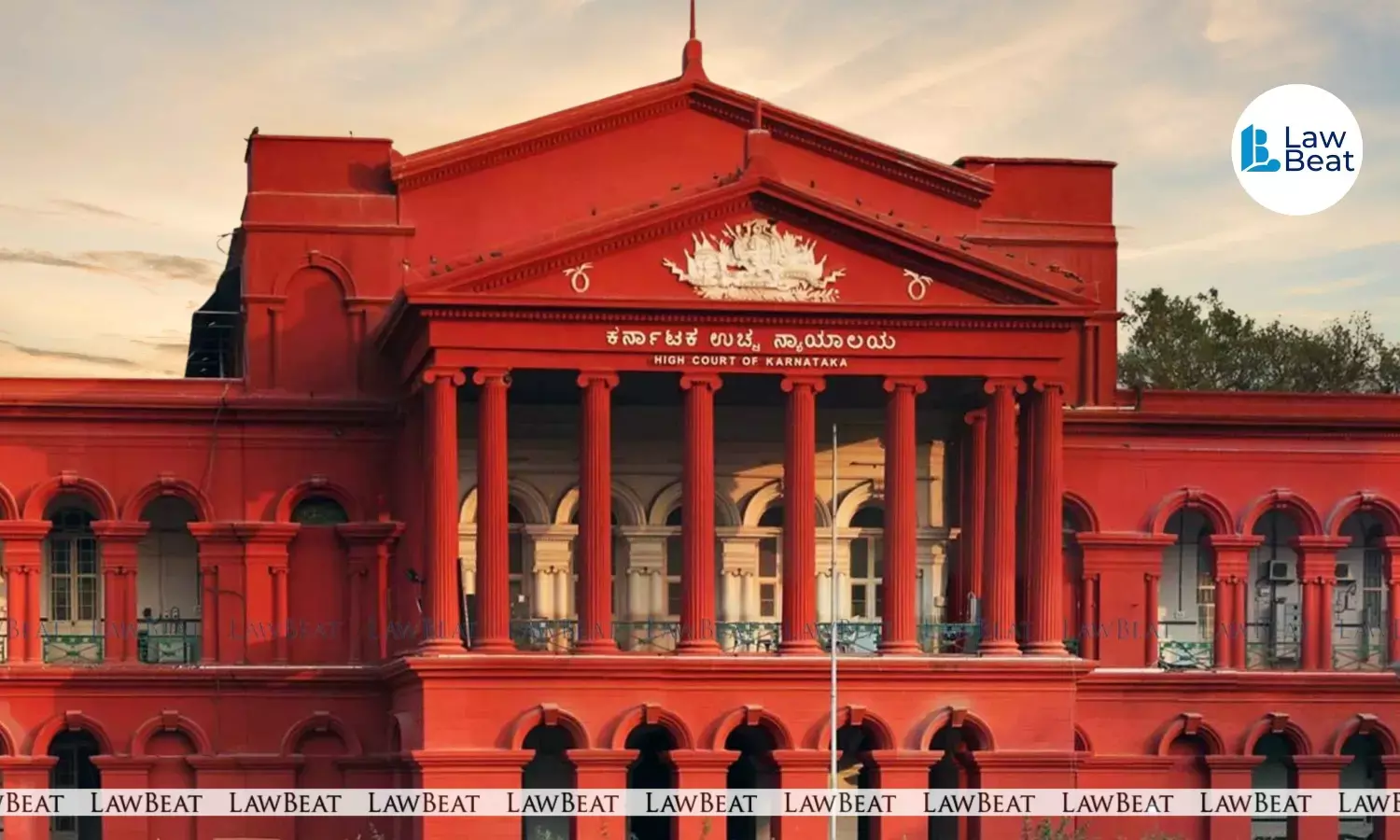Karnataka Caste Survey: High Court Allows Survey to Proceed, Rejects Interim Stay

The Karnataka High Court refuses to stay ongoing caste survey
In a batch of petitions challenging the validity of Karnataka's caste survey, officially termed the Socio-Economic and Educational Survey, the High Court on Thursday declined to grant an interim stay.
However, the division bench of Chief Justice Vibhu Bakhru and Justice C.M. Joshi emphasized the necessity of ensuring that participation in the survey is voluntary. It directed the Karnataka State Commission for Backward Classes to issue a public notification clarifying that individuals are not obligated to disclose any information, and that any data provided is entirely at their discretion.
The petitioners contended that the state government's initiative effectively constitutes a caste census, a domain reserved for the Union government under the Constitution. They argued that the survey's expansive scope, including the enumeration of over 500 castes, could lead to the weaponization of data for political purposes. Additionally, they expressed concerns about the lack of safeguards to protect the collected information, citing the absence of mechanisms under the Collection of Statistics Act, 2008.
The petitioners further pointed to the Rs. 150-crore caste survey carried out in 2015, the results of which were never made public, and argued that the present exercise lacked transparency. They submitted that geo-tagging of households and the use of Aadhaar for verification raised privacy concerns, and that the entire initiative had been undertaken without adequate public consultation.
Objections were also raised about intrusive questions in the survey, including those about belief in God, as well as the short seven-day window provided for filing objections.
In response, Senior Advocate Abhishek Manu Singhvi, representing the state, asserted that the survey is a socio-economic assessment aimed at identifying backward classes for welfare purposes. He emphasized that the exercise does not infringe upon the Union's domain, as it does not constitute a formal census. Singhvi further clarified that the use of Aadhaar data is solely for verification to prevent duplication and ensure accurate enumeration.
Singhvi stressed that the power to conduct the survey was implicit in the 105th Constitutional Amendment, which restored states’ authority over identifying backward classes. He said the exercise was aimed at ensuring contemporaneous data for policy-making and noted that Rs. 420 crore had been allocated for it. On concerns about data misuse, he cited the Supreme Court’s judgment in Puttaswamy, arguing that data mining would arise only if private parties had access, which was not the case here.
The Commission told the court that the caste list was revised after receiving complaints about omissions, that geo-tagging was intended to verify field entries, and that Aadhaar details were being used only to prevent duplication and exclude non-residents.
The government also maintained that fears of conflict with the Union’s planned caste census in 2027 were premature, as only an actual overlap could be challenged.
The petitioners include the Vokkaligara Sangha, the Akhila Karnataka Brahmana Mahasabha, and the Veerashaiva Lingayat Mahasabha, along with individuals.
The state government has defended the survey as a necessary step for targeted welfare measures arguing that accurate and updated caste-wise socio-economic data is crucial for policymaking, pointing to an allocation of nearly Rs. 420 crore for the exercise. The enumeration, which began earlier this month, involves door-to-door data collection by teachers and ASHA workers.
The hearing in the petition will next take place in December, 2025.
Case Title: Rajya Vokkaligara Sangha vs. Karnataka State Backward Classes Commission And Others and connected matters
Order Date: September 25, 2025
Bench: Chief Justice Vibhu Bakhru and Justice C.M. Joshi
